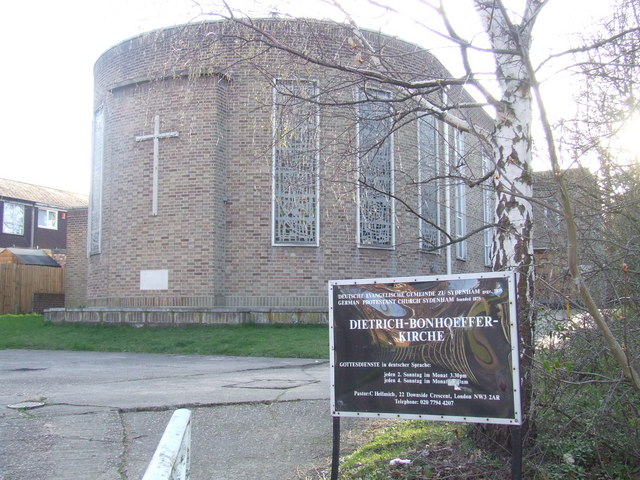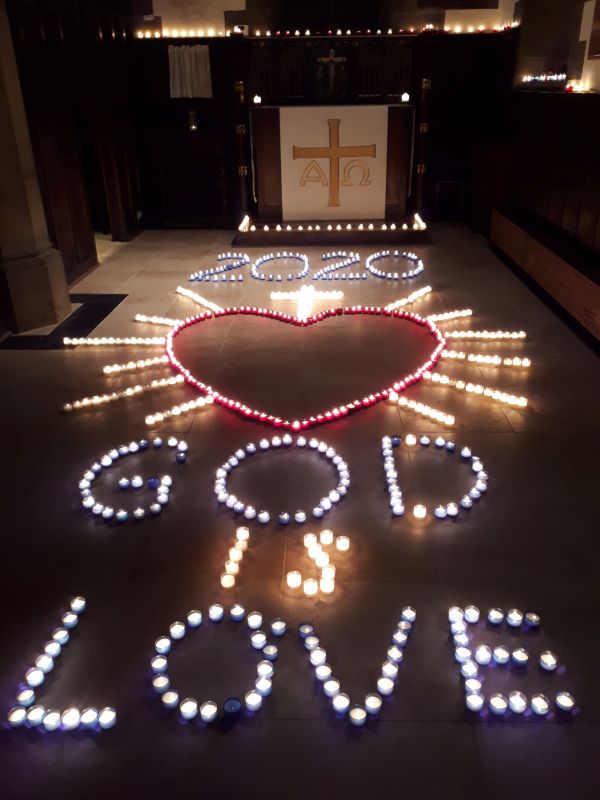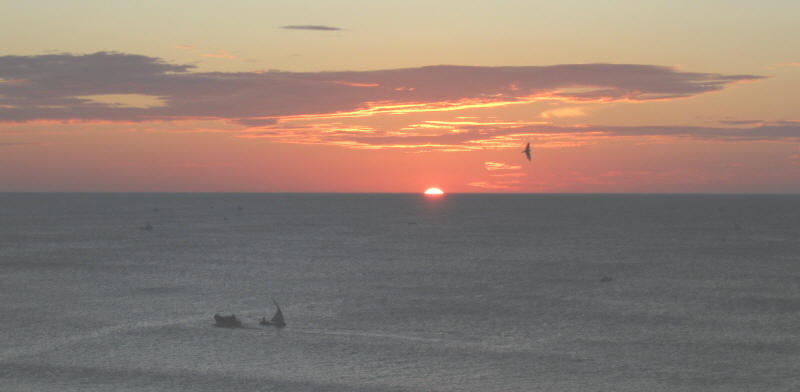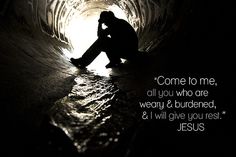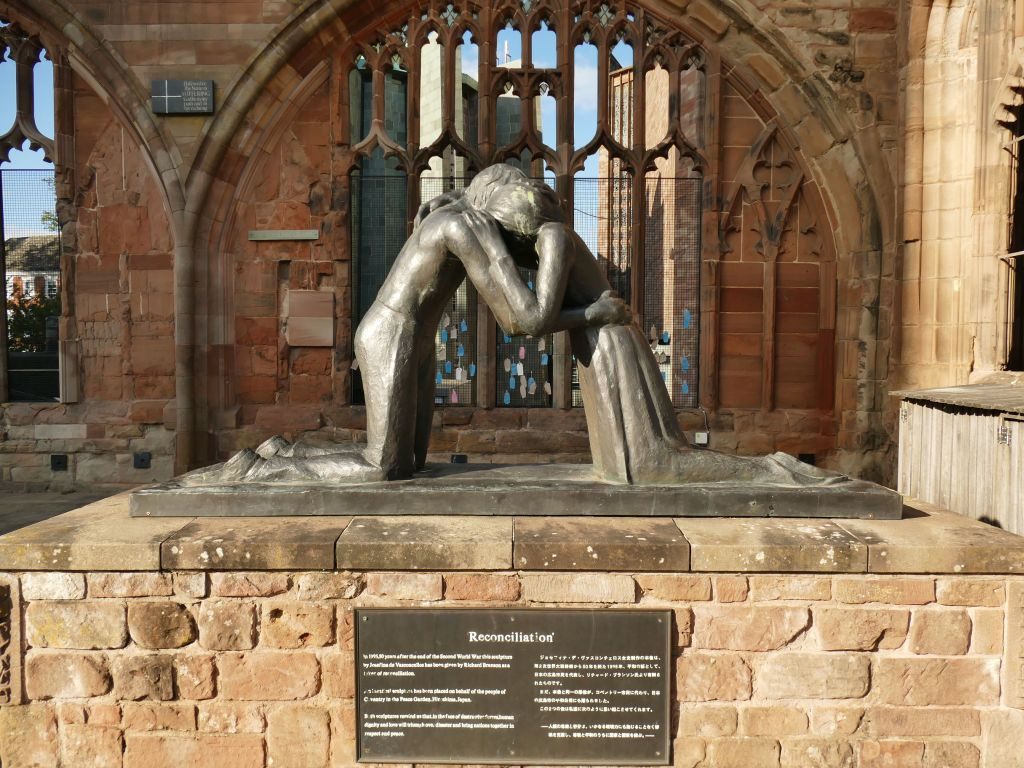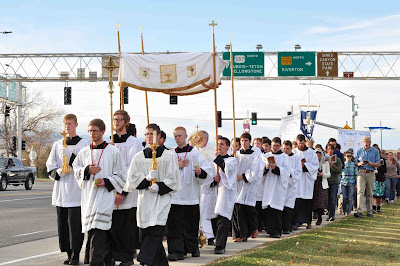
www.newliturgicalmovement.org
Today is the eve of All Saints day, and so for a few days we have hymns on that theme. The first is ‘For all the saints who showed your love’ by John Bell and Graham Maule. The theme is set by the last lines of the first three verses, that all begin ‘Accept our gratitude’. We are thanking God for what previous generations have done by way of example.
‘Saint’ simply means ‘sanctified’, or ‘set apart for God’. Whenever it comes to talking, singing or preaching about saints there always seems to be a tension between the idea of ‘every Christian believer is equally a saint’ and ‘Saints are people with a special calling to do something out of the ordinary for God’ (such as found a monastery, challenge the status quo, or proclaim the faith in the face of opposition until they are murdered for it).
There are elements of both these in the lyrics of this hymn. The first two verses focus on the first idea: ‘all the saints who showed your love in how they lived and where they moved’; ‘who loved your name … sang your songs and shared your word’. These are the ordinary people who in the way they lived their ordinary lives witnessed to the presence of Christ in them.
The third verse speaks of those who rose to a challenge: ‘who named your will, and saw your kingdom coming still through selfless protest, prayer and praise’. The last verse brings these together, asking God to ‘bless all whose will or name or love reflects the grace of heaven above’. Whether we live ordinary lives inspired by Christ, or feel called to be set apart in some special way, we are among the saints.
